Minister Dr. Rana strengthens Nepal’s global ties in her first year in office
July 15, Kathmandu: In her first year as Nepal’s Foreign Minister, Dr. Arzu Rana Deuba has transformed the country’s global presence, securing landmark agreements, championing climate justice, and bolstering support for Nepalis abroad. From signing the Belt and Road Initiative (BRI) with China to launching the Sagarmatha Sambad, Nepal has elevated itself as a proactive voice on the world stage. “Diplomacy is about building bridges for Nepal’s future,” Dr. Rana said, encapsulating her vision for global cooperation.
Dr. Rana’s tenure began with a high-profile visit to India in August 2024, where she met Prime Minister Narendra Modi and External Affairs Minister S. Jaishankar. The talks strengthened Nepal-India ties, yielding agreements on trade, energy, and flood management, including a deal to export 251 MW of Nepali electricity to India. Further meetings in Muscat in February 2025 and New Delhi in March deepened this partnership.
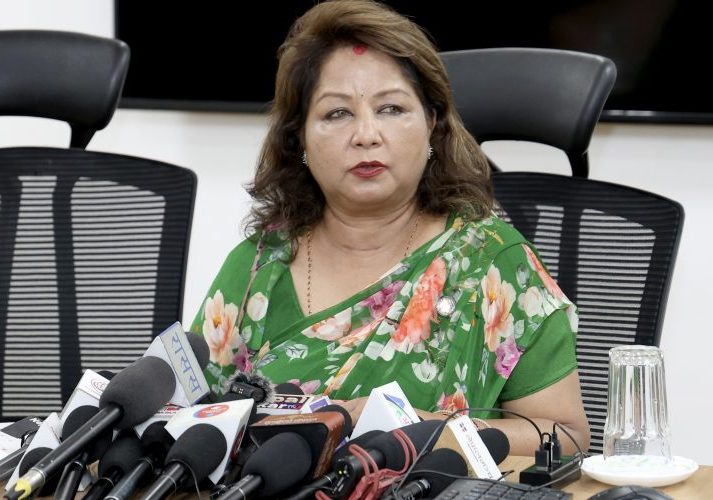
Her global outreach extended to China, where she accompanied Prime Minister KP Sharma Oli to sign the long-awaited BRI agreement, unlocking vital infrastructure investments. Engaging leaders from Japan, Germany, Canada, and over a dozen other nations, Dr. Rana championed Nepal’s priorities at major forums like the UN General Assembly, G20 Summit, and BIMSTEC Summit. At the International Court of Justice in The Hague last month, she drew global attention to Nepal’s climate vulnerabilities, demanding compensation for one of the world’s most vulnerable nations.
In May 2025, Nepal hosted the inaugural Sagarmatha Sambad, a global dialogue on climate change that brought together experts from India, China, and over 50 international organisations. The event adopted a 25-point action plan to advance Nepal’s Mountain Agenda, with Dr. Rana declaring it “a call for global solidarity.” This milestone cemented Nepal’s leadership in climate diplomacy, complementing its efforts to secure international support for Nepal’s 2026 graduation from Least Developed Country status.
To counter the global economic slowdown, she established the Economic Diplomacy Division, tasked with attracting foreign investment and promoting Nepali exports. The division is also tapping non-resident Nepalis to channel their skills and capital for national development, with missions abroad directed to boost trade, tourism, and technology.
Dr. Rana has prioritised the Nepali diaspora, launching consulates in Dallas, San Francisco, and Dubai to serve over 170,000 Nepalis. The Shram Sansar App, introduced in 2025, provides real-time data on Nepalis abroad, streamlining consular services and rescue efforts. During protests in Bangladesh in July 2024, the app and a mobilised embassy help desk ensured the safe return of Nepali students. Similarly, after a Nepali student’s death at KIIT University in Odisha, India, Dr. Rana’s swift intervention led to the dismissal of culpable staff and safety assurances for others.
Her efforts to secure the release of Bipin Joshi, believed to be held by Hamas, have been relentless, with appeals at the UNGA and to leaders in Qatar, Egypt, and Israel. During recent Israel-Iran tensions, the ministry facilitated the repatriation of 11 Nepalis from Iran and prepared rescue flights for those in Israel, showcasing its commitment to citizen safety.
To address understaffing and outdated systems, Dr. Rana initiated an organisation and management survey, boosting manpower in key missions and launching mobile consular services in the Middle East. An archiving system and e-library are also underway to preserve institutional memory, ensuring efficient management of diplomatic records.
Yet, challenges remain. Limited manpower and incomplete data on Nepalis abroad hinder timely consular services and crisis response. “We’re working to modernise our systems,” Dr. Rana acknowledged, emphasising the need for enhanced training and infrastructure to meet global demands.
As Nepal prepares for its 2026 LDC graduation and candidacies for UN roles, Dr. Rana’s leadership has laid a strong foundation. Her focus on economic diplomacy, climate advocacy, and diaspora support signals a dynamic future for Nepal’s foreign policy. With her vision, Nepal’s voice is resonating louder than ever on the global stage.



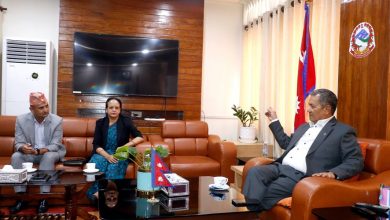

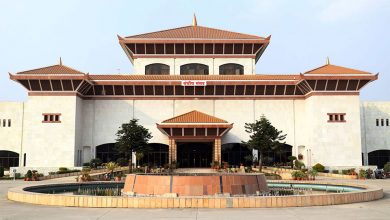
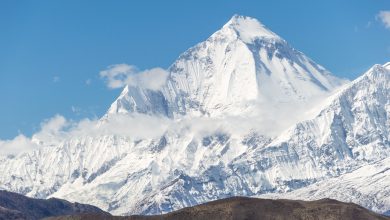
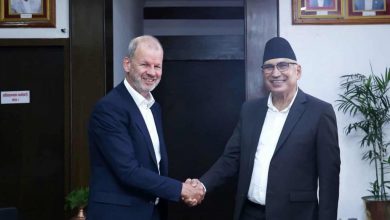
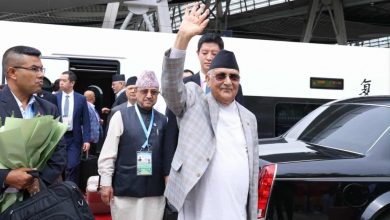
Comments